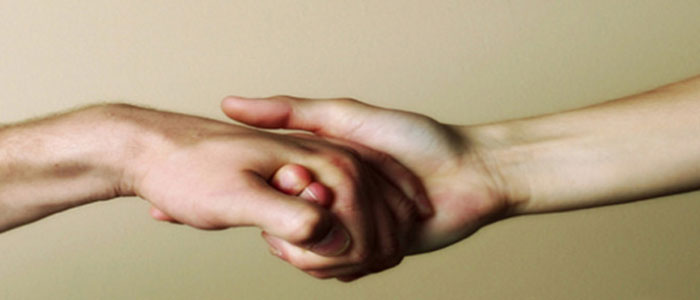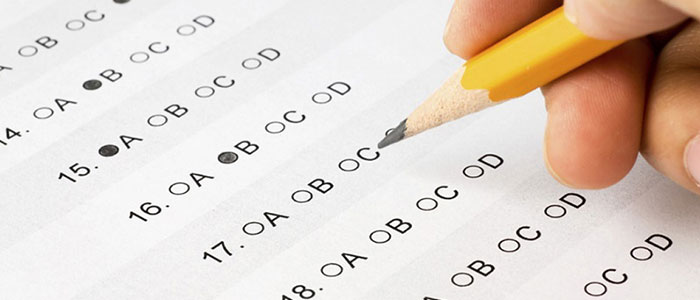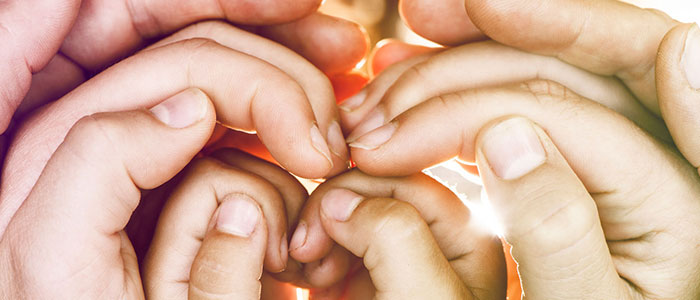Behaviour therapy is a direct and active mode of therapeutic intervention that recognizes the importance of behaviour, acknowledges the role of learning, and includes thorough assessment and evaluation. Instead of exploring past traumatic events or inner conflicts, behaviour therapists focus on the presenting problem—the problem or symptom that is causing the patient great distress. A major assumption of behaviour therapy is that abnormal behaviour is acquired in the same way as normal behaviour—that is, by learning. A variety of behavioural techniques have therefore been developed to help patients “unlearn” maladaptive behaviours by one means or another. Techniques used in Behaviour therapy include Exposure therapy, Aversion therapy, Modelling, Systematic use of reinforcement and Token economies. Behaviour therapy ranges wide and is known to be successfully applied in children, adults as well as old age population.
Old Age Behaviour Therapy











